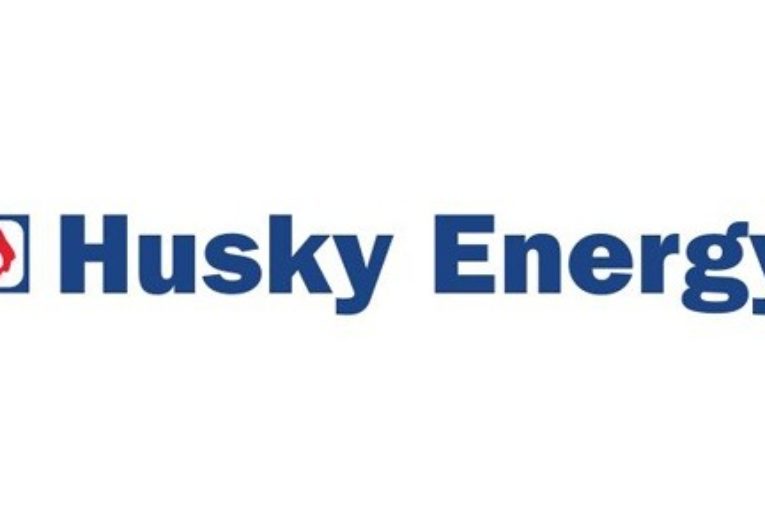
When the final numbers were tallied late last Wednesday for Husky Energy’s hostile bid for rival Canadian oil producer MEG Energy, Husky’s top executives learned they had the support of nearly 60 percent of MEG shareholders, people familiar with the situation told Reuters.
That meant they easily surpassed the 50 percent threshold usually needed to extend their offer and reach the two-thirds mark necessary to win the deal.
On Thursday morning, however, Husky walked away, saying it had “insufficient” support. The move shocked investors, analysts and MEG itself.
It is usually a given that a company securing such significant backing would extend its bid, buying extra time to drum up remaining support.
However, Husky in a statement on Thursday noted two negative developments since it made the offer in September – a lack of progress expanding pipelines in western Canada, and the province of Alberta’s decision to order production cuts to drain a glut of oil in storage. The company has nothing further to add, spokesman Mel Duvall said on Tuesday.
In fact, the deal began losing its financial appeal shortly after Husky made the offer, people close to Husky said. By last Wednesday, it seemed to one of the people as if Husky was hoping the bid would fail.
“The economics of the transaction changed very materially since they launched the bid. It was an extremely shrewd move by Husky to launch the hostile (offer) and just as smart to let it go,” said an energy M&A lawyer, who declined to be identified because of his ties to both companies.
OIL PRICE SLIDE
U.S. crude prices have dropped some 28 percent since Husky launched its bid. Worse for Canadian oil producers, discounts on their crude reached record-large levels less than two weeks later as pipeline congestion worsened.
Husky, whose majority investor is Hong Kong tycoon Li Ka-shing, was largely immune, because it owns refineries that can handle all of its own crude.
But the industry’s low-price crisis pressured Alberta Premier Rachel Notley to order mandatory production cuts in early December, over opposition from Husky and a couple of other producers.
Husky displayed doubts as far back as November. That month, according to MEG, it did not take up MEG’s offer of signing a confidentiality agreement to take a closer look at the target.
Curtailments quickly changed the economics, boosting Canadian prices and diluting a major advantage for Husky. Husky’s upgrader and refineries previously insulated it nicely from deep price discounts and cheap crude fattened its margins downstream.
Husky’s refining capacity exceeds its own heavy oil production, and so in an over-supplied market, it bought cheap barrels from competitors with nowhere to move them, driving up Husky’s margins, said Steve Kallir, senior analyst at Wood Mackenzie.
But such trades became less profitable as Canadian prices rose, and the appeal of buying MEG’s oil production may have also diminished, he said.
Early this month, as the oil industry’s ground shifted with Alberta’s curtailments, Husky Chief Executive Rob Peabody did not accept an invitation from MEG CEO Derek Evans to negotiate a friendly agreement, according to MEG.
But Husky’s change of heart on shifting price dynamics does not satisfy everyone.
MEG’s assets will endure for decades, making short-term thinking less relevant, said Eric Nuttall, senior portfolio manager of Ninepoint Partners, a MEG shareholder.
You can read more of the news on source



